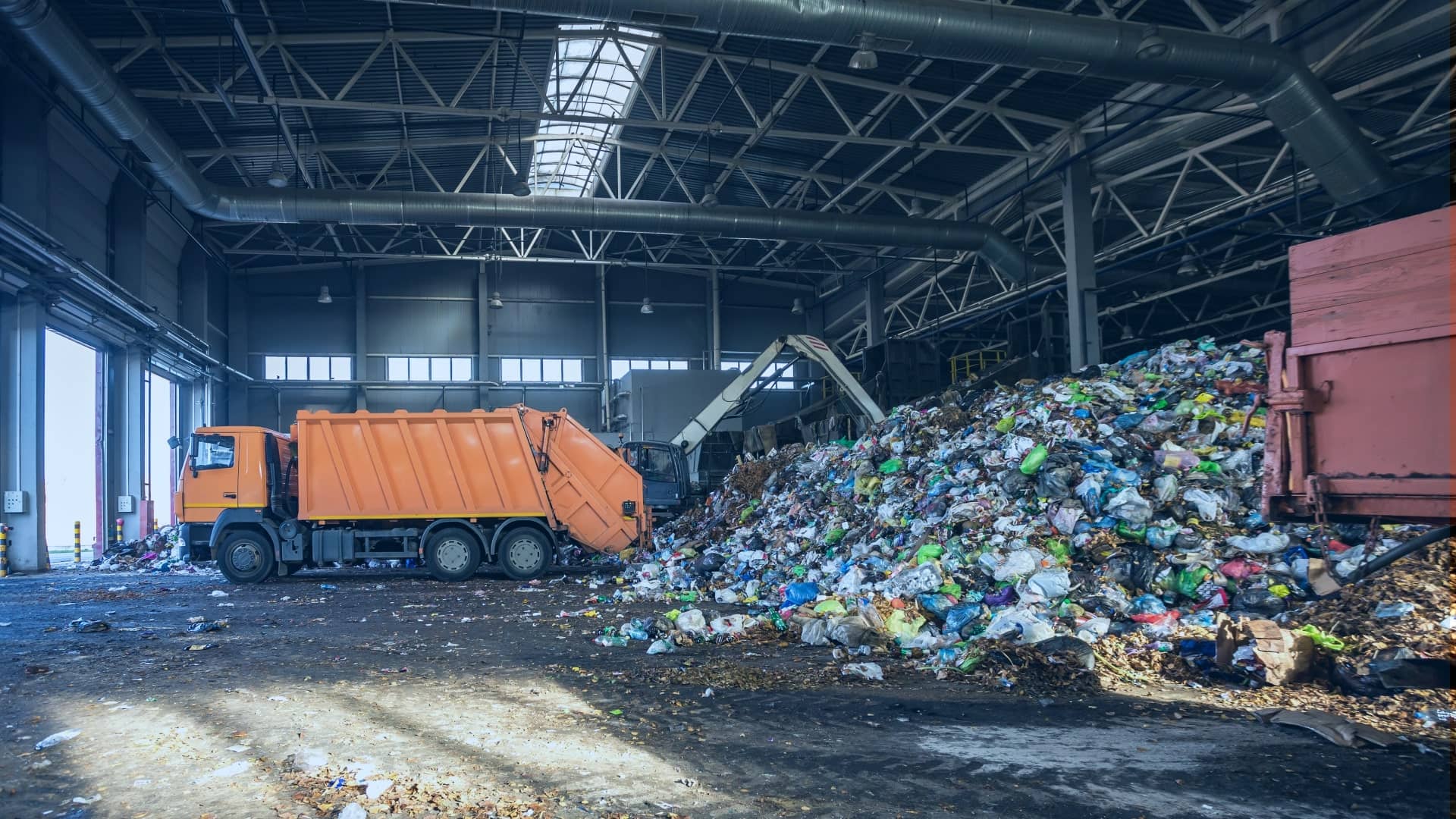Fascination About Reclaim Waste
Wiki Article
The Facts About Reclaim Waste Uncovered
Table of ContentsReclaim Waste for BeginnersSome Known Details About Reclaim Waste The 25-Second Trick For Reclaim WasteReclaim Waste Fundamentals ExplainedThe Greatest Guide To Reclaim Waste
Residential sewage waste refers to the waste and items from a domestic septic tank. The correct monitoring and disposal of residential sewage waste call for fluid waste to be transferred to a sewage therapy plant where the correct techniques and tools are applied to cleanse and dispose of waste.
Commercial waste commonly consists of prospective hazards, such as flammable materials or a mixture of liquid and strong waste items, and requires a more sophisticated and in-depth disposal process. The disposal of industrial waste usually entails the filtration of waste before transport to ensure risk-free and appropriate disposal. Hazardous waste is developed from byproducts and runoff of industrial processes and production.
This type of waste can not use the exact same sewer monitoring transportation or processes as septic or commercial liquids. The hazardous waste monitoring process requires the inspection and testing of liquid waste before it goes through the disposal procedure (liquid waste disposal). Drainage waste is the fluid waste that originates from drainage and excess stormwater in extremely inhabited areas or cities
Runoff waste can cause contamination and flooding otherwise taken care of effectively. Find out more about sewer cleansing and waste management. Guaranteeing proper waste management can protect against disasters and minimize environmental damage. Both individuals in domestic settings and professionals in business or production markets can take advantage of understanding the procedures and regulations of fluid waste administration.
6 Simple Techniques For Reclaim Waste
Get in touch with PROS Services today to discover our waste administration and disposal solutions and the proper ways to look after the fluid waste you create.(https://reclaimwaste1.start.page)Do you know what takes place to your water when you disengage, purge the toilet or drain pipes the cleaning equipment? No? Well, it's worth recognizing. This supposed 'wastewater' is not just an essential source however, after therapy, will be launched to our land, rivers or the sea. Utilized water from toilets, showers, bathrooms, kitchen sinks, washings and industrial procedures is called wastewater.

water used to cool down machinery or tidy plant and equipment). Stormwater, a form of wastewater, is overflow that moves from farming and urban locations such as roofs, parks, yards, roads, courses and rain gutters into stormwater drains, after rainfall. Stormwater streams without treatment straight to regional creeks or rivers, eventually reaching the ocean.
Reclaim Waste for Dummies
In Queensland, many wastewater is treated at sewage therapy plants. Wastewater is carried from residential or commercial websites with a system of drains and pump terminals, known as sewerage reticulation, to a sewer therapy plant.The Department of Natural Resources recommends city governments concerning managing, operating and maintaining sewerage systems and therapy plants. In unsewered locations, neighborhood federal governments may require owners to install specific or house sewer treatment systems to treat domestic wastewater from commodes, cooking areas, washrooms and laundries. The Division of Natural Resources authorises using household systems when they are proven to be efficient.
A lot of stormwater gets no treatment. In some brand-new neighborhoods, treatment of some stormwater to get rid of trash, sand and gravel has started using gross contaminant traps. Wastewater treatment happens in four phases: Gets rid of strong matter. Larger solids, such as plastics and various other things wrongly discharged to sewage systems, are removed when wastewater is gone through displays.
Uses little living organisms knows as micro-organisms to damage down and remove staying liquified wastes and great bits. Micro-organisms and wastes are incorporated in the sludge.
The Facts About Reclaim Waste Uncovered
Nutrient removal is not readily available in any way sewage treatment plants because it needs expensive specialised devices. It is coming to be more common in Queensland. Clear liquid effluent created after treatment may still contain disease-causing micro-organisms. If this effluent is released into waterways such as rivers or the sea, the micro-organisms will at some point pass away out.
The majority of wastewater streams into the sewerage system. Under the Act, regional governments provide authorizations and permits for environmentally pertinent activities (Periods) entailing wastewater releases that could have a neighborhood influence.
Reclaim Waste Things To Know Before You Buy
Otherwise, samples are click here for more info considered lab analysis. Frequently lots of tests are needed to develop the degrees of each of the various toxins such as oils, hefty steels and chemicals in water. Monitoring supplies valid information about water quality and can confirm that permit conditions are being satisfied. The info obtained via surveillance supplies the basis for making water quality decisions.Report this wiki page